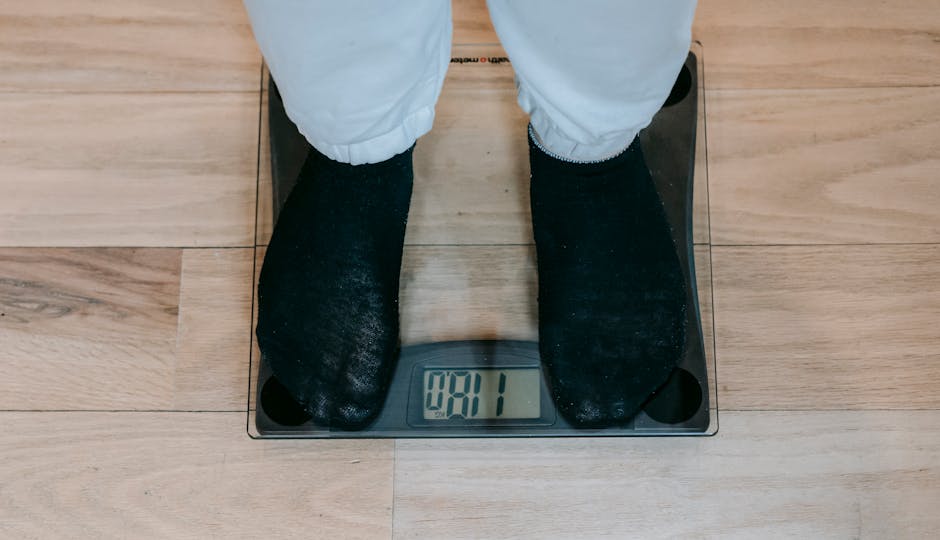Embarking on a weight loss journey can be daunting, but understanding the role of diet is crucial for achieving lasting success. This blog post delves into the fundamentals of diet for weight loss, providing insights into the importance of calorie management, nutrient density, and sustainable eating habits.
**Calorie Management: The Cornerstone of Weight Loss**
At its core, weight loss boils down to managing calories. Calories are units of energy that provide fuel for the body. When we consume more calories than we burn, the excess gets stored as fat. Conversely, when we burn more calories than we consume, we lose weight. Tracking calorie intake using a food journal or calorie-tracking app can help you understand your daily caloric needs and make adjustments accordingly.
**Nutrient Density: Fueling Your Body with Essential Nutrients**
While calorie management is essential, it's equally important to focus on consuming nutrient-dense foods. These foods are packed with vitamins, minerals, and fiber, providing satiety and supporting overall health. Fruits, vegetables, whole grains, and lean protein are all excellent sources of nutrients. By incorporating these foods into your diet, you can reduce hunger and promote a feeling of fullness, making it easier to stick to a calorie-controlled plan.
**Sustainable Eating Habits: Long-Term Success Beyond Diets**
Crash diets and quick fixes may offer short-term results, but they are often unsustainable and can lead to yo-yo dieting. The key to lasting weight loss is adopting healthy eating habits that you can maintain over time. This includes eating regular meals, avoiding processed foods and sugary drinks, and cooking more meals at home. By gradually making these changes, you can create a sustainable lifestyle that supports your weight loss goals.
**Portion Control: Managing Hunger and Calorie Intake**
Portion control is a crucial aspect of diet for weight loss. When we consume large portions, it becomes easier to overeat and exceed our daily calorie needs. Using smaller plates, measuring out servings, and practicing mindful eating can help you control portion sizes and prevent overeating.
**Hydration: Quenching Thirst and Boosting Metabolism**
Water plays a vital role in weight loss. It helps curb hunger, boost metabolism, and eliminate toxins. Aim to drink eight to ten glasses of water per day, especially before meals to enhance satiety.
**Meal Planning: The Key to Success**
Meal planning is an effective way to stay on track with your diet. Plan your meals in advance to avoid impulsive eating and ensure you have healthy options available. Consider meal prepping on the weekends to save time and reduce the temptation to order takeout or make unhealthy choices.
**Patience and Persistence: The Pillars of Weight Loss**
Weight loss is a journey that requires patience and persistence. There will be setbacks along the way, but it's essential to stay motivated and focus on the long-term goal. Celebrate your successes, learn from your mistakes, and never give up. With consistent effort and a healthy mindset, you can achieve your weight loss goals and reap the numerous benefits of a healthier lifestyle.

